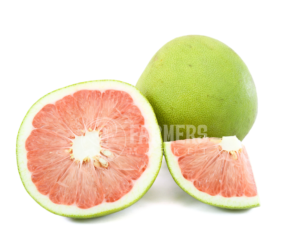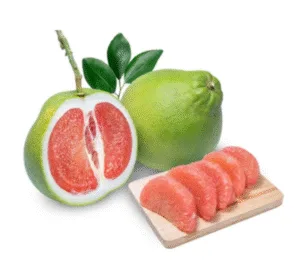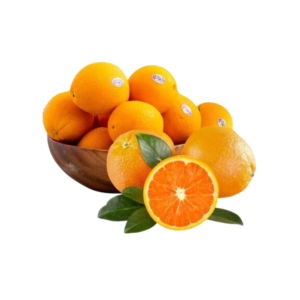news
The Pharmacy of the Pantry: Exploring the Medicinal Powers of Spices
For millennia, spices have been more than just culinary ingredients; they have been the foundation of traditional medicine systems around the world. Before the advent of modern pharmaceuticals, ancient civilizations relied on the potent properties of spices to prevent illness, treat a wide range of ailments, and promote overall well-being. Today, modern science is catching up to this ancient wisdom, confirming the powerful medicinal benefits of spices. This comprehensive article will explore the “pharmacy of the pantry,” delving into the health benefits of common spices, the science behind their therapeutic effects, and how they can be incorporated into a modern, healthy lifestyle.
The power of spices lies in their high concentration of bioactive compounds, which are a plant’s natural defense mechanisms against pests and diseases. When we consume them, these compounds work in our bodies to combat inflammation, fight off free radicals, and support our immune system. It’s a testament to the idea that nature has provided us with a powerful toolkit for health and wellness, right in our kitchen.

The Big Four: Spices with Proven Medicinal Benefits
While a multitude of spices have health benefits, four stand out for their extensively researched and scientifically proven properties.
Turmeric: The golden spice of Indian cuisine, turmeric, has a long history of use in Ayurvedic medicine. Its primary active compound, curcumin, is a powerful anti-inflammatory and antioxidant. Studies have shown that curcumin can help to reduce inflammation in the body, which is a major contributor to chronic diseases like arthritis, heart disease, and Alzheimer’s.
Ginger: A pungent rhizome, ginger has been a staple in traditional Chinese and Indian medicine for centuries. It is best known for its ability to soothe an upset stomach and combat nausea. It also has potent anti-inflammatory properties, making it a popular remedy for muscle pain and soreness.
Cinnamon: This fragrant bark is more than just a holiday spice. Cinnamon contains a compound called cinnamaldehyde, which has been shown to have powerful antioxidant properties. Some studies also suggest that cinnamon can help to regulate blood sugar levels, making it a potential aid for people with type 2 diabetes.
Garlic: A member of the onion family, garlic has been used medicinally for thousands of years. Its medicinal properties are attributed to a compound called allicin, which is released when garlic is crushed or chopped. Allicin has powerful antibacterial and antiviral properties and may help to boost the immune system and lower blood pressure.

Spices in Global Medicine Traditions
The use of spices for medicinal purposes is a global phenomenon, with each culture developing its own unique approach.
Ayurveda (India): In the ancient Indian system of medicine, spices are central to treating imbalances in the body. Spices like cumin, coriander, and fennel are used to aid digestion, and a blend of spices called “triphala” is used to cleanse the body.
Traditional Chinese Medicine (TCM): In TCM, spices are used to balance the body’s energy. Ginger is used to warm the body and improve circulation, while cloves are used to treat digestive issues.
Traditional Western Herbalism: In Western herbalism, spices like cayenne pepper are used to improve circulation, and rosemary is used to improve cognitive function and memory.

Practical Ways to Incorporate Spices for Health
Incorporating these powerful spices into your diet is easy and delicious.
- Golden Milk: A popular Ayurvedic drink, Golden Milk is made with turmeric, ginger, and black pepper, which helps to increase the absorption of curcumin. It is a delicious and soothing way to get your daily dose of anti-inflammatory benefits.
- Add to Tea: A slice of ginger in your tea can help to soothe an upset stomach, while a stick of cinnamon can add a natural sweetness and blood sugar-regulating benefits.
- Cook with Them: The easiest way to get the benefits of spices is to simply cook with them. Add a generous amount of garlic to your dishes, use turmeric in your curries and soups, and sprinkle cinnamon on your oatmeal.
In conclusion, the spices in our pantry are much more than just flavor enhancers; they are a legacy of ancient medicine and a source of powerful health benefits. By understanding their properties and incorporating them into our daily lives, we can use our kitchen as a place of healing and nourishment, one delicious and healthy meal at a time.


 Haidilao Hot Pot Seasoning Spicy Flavor - Sichuan Hot Pot Base Available in Many Flavors New Date - Delivered Within 2 Hours
Haidilao Hot Pot Seasoning Spicy Flavor - Sichuan Hot Pot Base Available in Many Flavors New Date - Delivered Within 2 Hours 